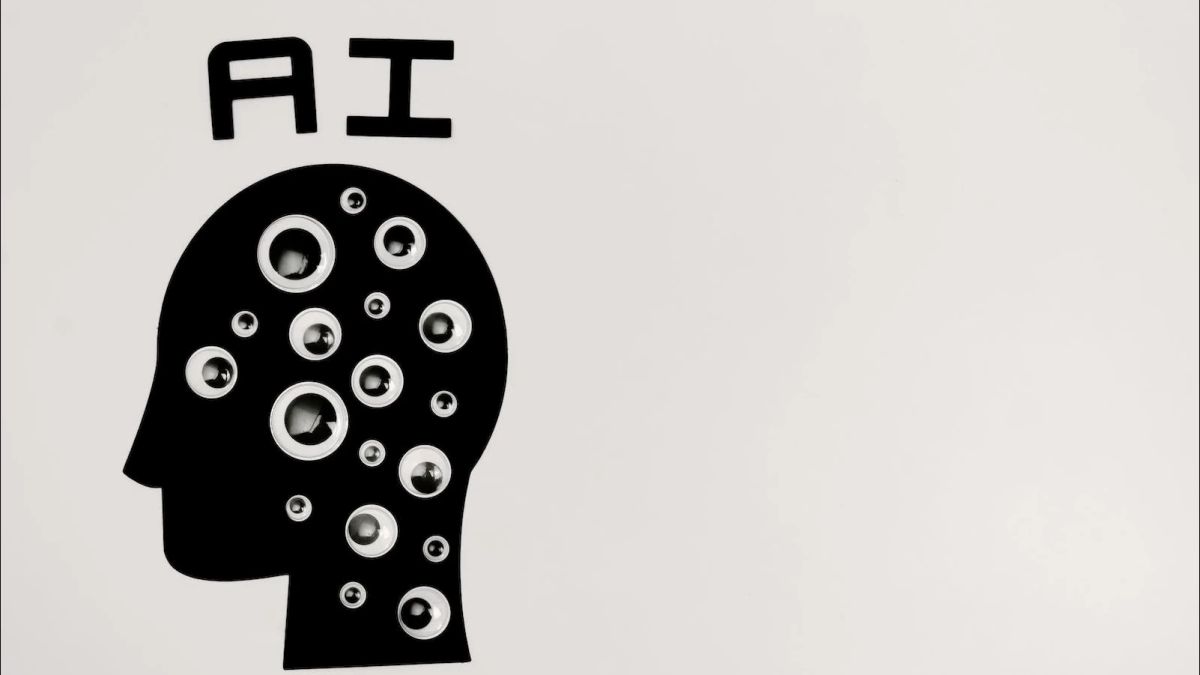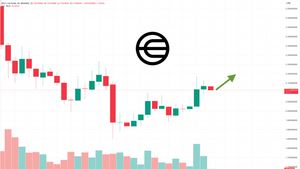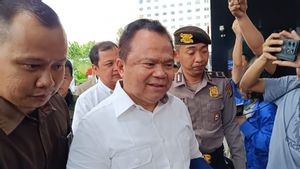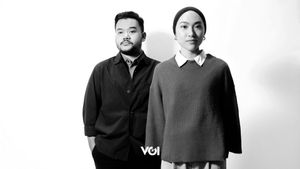A paper released by three winners of the Turing Award, a Nobel Prize recipient, and more than a dozen well-known AI academics on Tuesday, October 24, suggested that companies and governments involved in artificial intelligence research and development should allocate at least a third of their funds to ensure the safety and ethical use of those systems.
The paper was released a week before the International AI Safety Summit in London, and lists the steps the government and company should take to address AI risks.
"The government must also impose that companies are legally responsible for losses due to their predictable and reasonable prevented AI system," reads a statement in a paper written by three winners of the Turing Award, a Nobel Prize recipient, and more than a dozen well-known AI academics.
There are currently no broad-based regulations focused on AI security, and a series of the first regulations by the European Union have not become laws because policymakers still do not agree on some issues.
"The latest AI model is too strong and too significant to be left to develop without democratic scrutiny," said Yoshua Bengio, one of three known as the father of AI.
"Investment in AI security needs to be done quickly, as AI is growing much faster than precautions taken," Bengio said.
The authors of the paper include Geoffrey Hinton, Andrew Yao, Daniel Kahneman, Dawn Song, and Yuval Noah Harari.
SEE ALSO:
Since the launch of the generative AI model from OpenAI, leading academics and well-known CEOs like Elon Musk have warned about AI risks. They called for an end to the development of a strong AI system for six months.
Several companies have opposed this, stating that they will face high compliance costs and disproportionate risk of responsibility.
"The company will complain that it is too difficult to comply with regulations - that'regulatory dampening innovation' - doesn't make sense," said British computer scientist Stuart Russell. "There are more regulations applied to sandwich stores than those applied to AI companies."
The English, Chinese, Japanese, Arabic, and French versions are automatically generated by the AI. So there may still be inaccuracies in translating, please always see Indonesian as our main language. (system supported by DigitalSiber.id)


















